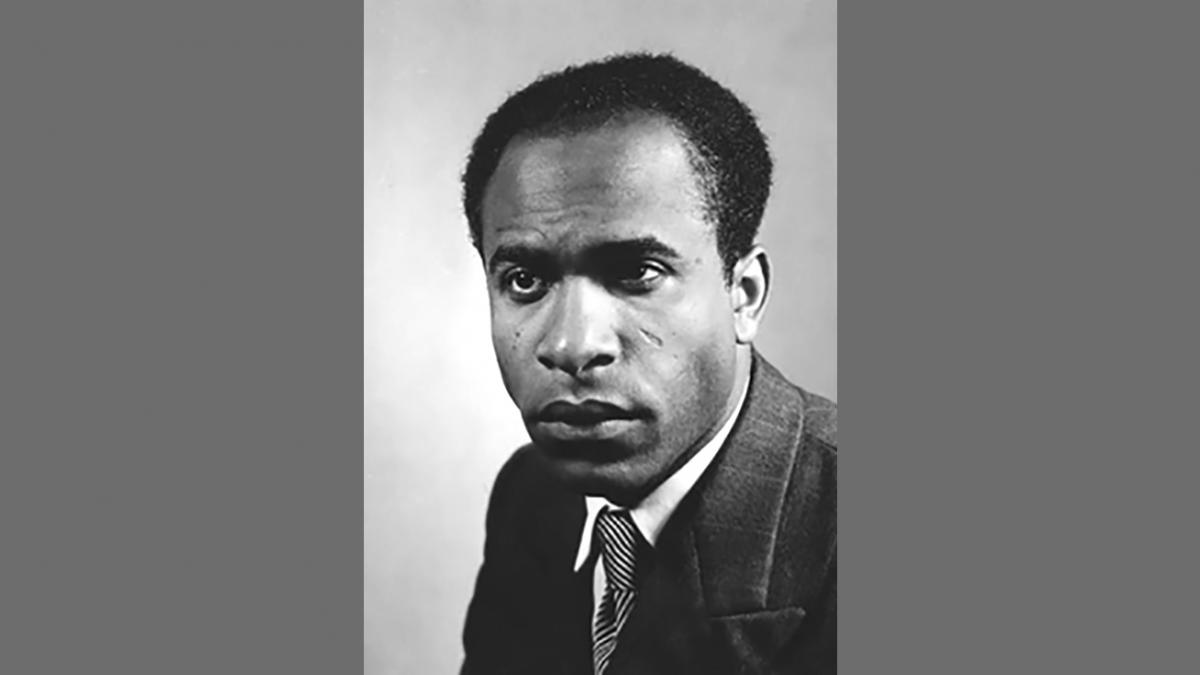President Biden signs Native language acts into law

AHLEQUAH – A Native American languages act and legislation named after a respected Cherokee linguist were recently signed into law by President Joe Biden.
The bipartisan Native American Language Resource Center Act will help support Native American language schools and programs, according to its sponsors.
“Native speaker-led language programs have proven that culturally-based instruction is key to revitalizing and maintaining indigenous knowledge and traditions,” U.S. Senator and chairman of the Senate Committee on Indian Affairs Brian Schatz said. “The Native American Language Resource Center will build on this grassroots momentum to support Native American language programs and schools by providing them with the resources they need to continue to thrive.”
The Durbin Feeling Native American Languages Act, also signed into law, will direct the president to review federal agencies’ compliance with the Native American Language Act requirements and make recommendations to improve interagency coordination in support of Native American languages. It will also authorize a federal survey of Native language use and the unmet needs of language-revitalization programs every five years.
In a Jan. 9 statement, Cherokee Nation Principal Chief Chuck Hoskin Jr. thanked President Biden for signing the acts into law. For their support of the language efforts, Hoskin also applauded Schatz and Lisa Murkowski, along with First Lady Jill Biden, who visited the Cherokee Immersion School in December 2021.
During her visit, Dr. Biden said that as a writing teacher, “I always believed that language is not just a collection of words. It helps us tell the story of our culture and our traditions, containing the wisdom of the world that only we know. It’s a thread weaving through our past, present and future. The ability to speak our own truth in our own words is power.”
Hoskin said the new legislation will “go far to promote and preserve the Cherokee identity, heritage and traditions.”
The Durbin Feeling Native American Languages Act is named after the late Cherokee linguist who was instrumental in having the Cherokee syllabary added to word-processing technology in the 1980s, and who began the process of adding the Cherokee language on Unicode, which today allows smartphones to offer the Cherokee syllabary. He also developed hundreds of Cherokee language teaching materials that remain in use by speakers today.
“My friend Durbin Feeling was the largest contributor to the Cherokee language since Sequoyah, and his unwavering commitment to Cherokee language perpetuation will be the foundation upon which Cherokee Nation teaches future generations to honor and carry on Cherokee traditions,” Hoskin said. “The Durbin Feeling Native American Languages Act speaks to everything Durbin stood for and will build upon his years of work to breathe new life into the Cherokee language. We were proud to support this bill and the Native American Language Resource Center Act, and we are delighted to see them become law.”
The Cherokee Nation recently opened its 52,000 square-foot Durbin Feeling Language Center in Tahlequah. It houses the entire CN Language Department and includes the Cherokee Immersion Charter School, Cherokee Language Master Apprentice Program and the Cherokee translation, language technology, curriculum development and community language departments.
The language center project was funded through the tribe’s own Durbin Feeling Language Preservation Act of 2019.
It is estimated there are fewer than 2,000 fluent Cherokee speakers remaining.
- Se connecter ou s'inscrire pour publier un commentaire
- 14 vues
Connexion utilisateur
Dans la même rubrique
Mustafa Benfodil ("El Watan.dz")
14/12/2025 - 10:42
Commentaires récents
Sa bel ba zot sé Afritjen-an !
Une haine entre dissemblables peut donc se comprendre ?
tim
19/01/2026 - 13:57
Ah bon ...interessant !! Lire la suite
Avec cette Barbie senior, Trump et Vance n'ont rien à craindre
SAUF QUE...
Albè
19/01/2026 - 11:50
Les Blacks Panthers canal historique viennent de faire une déclaration fracassante par le biais d Lire la suite
Sa bel ba zot sé Afritjen-an !
HAINE SOURDE
Albè
19/01/2026 - 11:47
Au moins la "haine sourde" entre Maghrébins et Africains est compréhensible (mais certes inadmiss Lire la suite
Sa bel ba zot sé Afritjen-an !
C'était prévisible !!!!
tim
19/01/2026 - 11:06
Vue la haine raciale sourde opposant Subsahariens à Maghrébins quoique tous soient musulmans ,il Lire la suite
Avec cette Barbie senior, Trump et Vance n'ont rien à craindre
OK avec le fond de cet article...
Frédéric C.
19/01/2026 - 09:19
... Lire la suite
Top 5 des articles
Aujourd'hui :
- La vérité à propos du "Petit Train de Saint-Pierre"
- Avec cette Barbie senior, Trump et Vance n'ont rien à craindre
- Sa bel ba zot sé Afritjen-an !
- Les Algériens exultent après la victoire du Sénégal contre le Maroc
- Marie Chureau, l’activiste qui veut la peau des « vieux idoles blancs »
Depuis toujours :
- Tous les présidents et premiers ministres de la Caraïbe sont vaccinés
- L'intolérable appauvrissement intellectuel et culturel de la Guadeloupe et dans une moindre mesure de la Martinique !
- LETTRE OUVERTE AU 31ème PREFET FRANCAIS DE MARTINIQUE
- L'arrière-grand-père maternel de Joan Bardella était...algérien
- Les triplement vaccinés contre le covid ne bandent plus





